Covid restrictions lock out seasonal farm workers
Almost 30,000 overseas workers approved to fill labour shortages face being locked out due to state restrictions, quarantine caps.

Almost 30,000 overseas workers approved to fill labour shortages ahead of a bumper harvest season face being locked out of Australia due to hotel quarantine caps and state-imposed Covid-19 restrictions.
Industry groups including AgForce, AusVeg and the National Farmers Federation are pushing for states and territories to adopt more flexible quarantine measures, including in homes and on farms, amid warnings of a peak casual labour supply gap of more than 11,000 workers early next year if international borders remain shut.
New figures to be released on Tuesday show Australian farmers are set to reap $73bn for their produce this year but the Australian Bureau of Agricultural and Resource Economics and Sciences warns that labour shortages for seasonal harvest work will continue to be a challenge, in particular for the horticulture sector.
International Development Minister Zed Seselja said 27,000 Pacific workers, including 7000 who were fully vaccinated, were “approved and ready to work in regional Australia”.
Senator Seselja will on Tuesday announce overhauls of the Pacific Labour Scheme and Seasonal Worker Program, broadening access to workers and removing barriers for farmers and businesses.
“Pacific workers have been the lifeblood of regional communities throughout the pandemic ensuring crops could be harvested and meat could be processed,” Senator Seselja said.
“We have worked with the states to implement flexible quarantine arrangements for Pacific workers throughout the pandemic. As we reopen under the national plan, more flexible pathways will be available to bring more Pacific workers to Australia to fill critical labour gaps.”
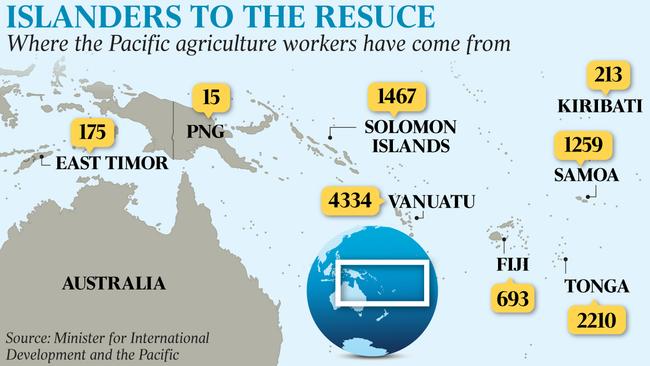
Hotel quarantine places have been identified as the biggest hurdle by industry and government officials, with Scott Morrison more broadly urging state leaders to accelerate a move to home quarantine arrangements. South Australia and Western Australia are trialling home quarantine programs while NSW has indicated it was “close” to beginning its own pilot scheme.
Under the national plan, when 70 and 80 per cent vaccine thresholds are achieved, international travel will gradually return, with increased numbers of economic visa holders allowed to enter.
Queensland has brought in more than 3000 Pacific workers after trialling on-farm quarantine.
On August 31, the Howard Springs quarantine facility in the Northern Territory welcomed 162 ni-Vanuatu workers to support the mango harvest, while more than 200 Samoans will arrive on Sunday to fill gaps for farmers, aged care and hospitality operators.
About 10,600 workers from Vanuatu, Tonga, Samoa, the Solomon Islands, Fiji, Kiribati, Papua New Guinea and East Timor have arrived in Australia since September last year , when the overseas worker programs resumed following a pause at the height of the pandemic.
Senator Seselja said that “given the very low Covid risk posed by many Pacific nations, there is a huge untapped opportunity for Australian employers to recruit workers from the region”.
Foreign Minister Marise Payne, Employment Minister Stuart Robert and Senator Seselja will announce the first in a series of reforms of the Pacific and seasonal worker programs on Tuesday to help meet the Prime Minister’s target of bringing an additional 12,500 Pacific workers to Australia by March.
The overhaul of the programs has been targeted at plugging emerging workforce gaps across regional Australia, with the agriculture, accommodation, aged care, hospitality and health sectors reporting labour shortages. The reforms include: expanding access to the seasonal worker program for employers in the accommodation sector; upskilling workers while they are in Australia; protecting worker welfare; and setting up a Pacific Australia Labour Mobility website allowing businesses to access overseas worker programs via a single application.
Additional support is also being provided to Pacific and Timorese “labour sending units” to help them prepare and mobilise more workers.
Recruitment caps for employers with good records will be doubled and businesses will be able to recruit Pacific workers into regions previously excluded by postcode restrictions. Changes to the schemes will allow Pacific workers who have spent three years in Australia to continue working for an additional 12 months while Covid-19 travel restrictions remain in place.
AgForce chief executive Michael Guerin said labour shortages were having a “real and genuine” impact on the industry, particularly for family-run farms. “Anything that allows vaccinated workers to come over would make an enormous difference,” Mr Guerin said. “We are still getting crops ploughed into the ground or we’re having crops that aren’t even planted which has real impacts across the supply chain.”
Mr Guerin said industry had pushed for quarantine schemes outside the hotel regime, such as on-farm quarantine, which had been trialled in Queensland. “You would find most regional communities would be happy for workers to come in and quarantine on the properties,” he said. “That gets us out of the bottleneck which at the moment is incredibly frustrating with hotels full. The industry has just been left in a no man’s land. So any chance to do that in communities at worker accommodation is a conversation we need to have.”
Mr Guerin said rule discrepancies between and within jurisdictions were frustrating the sector.
“All we’re asking for is clear guidelines and consistent guidelines … A lot of people will say how come we can do this for football teams and football teams’ families but we can’t provide workers for an essential industry,” he said.
National Farmers Federation president Fiona Simson said red tape had been a barrier to wider Pacific Labour Scheme uptake. “When combined with the Ag Visa, which comes into effect on 30 September, a more flexible, easier-to-access Pacific Labour Scheme will be an important tool in addressing agriculture’s workforce shortage crisis,” Ms Simson said.
“The summer harvest looms large and farmers are readying themselves for another peak season without the workers they need to get the job done.”
Ms Simson said the onus was now on the states to outline safe quarantine arrangements.

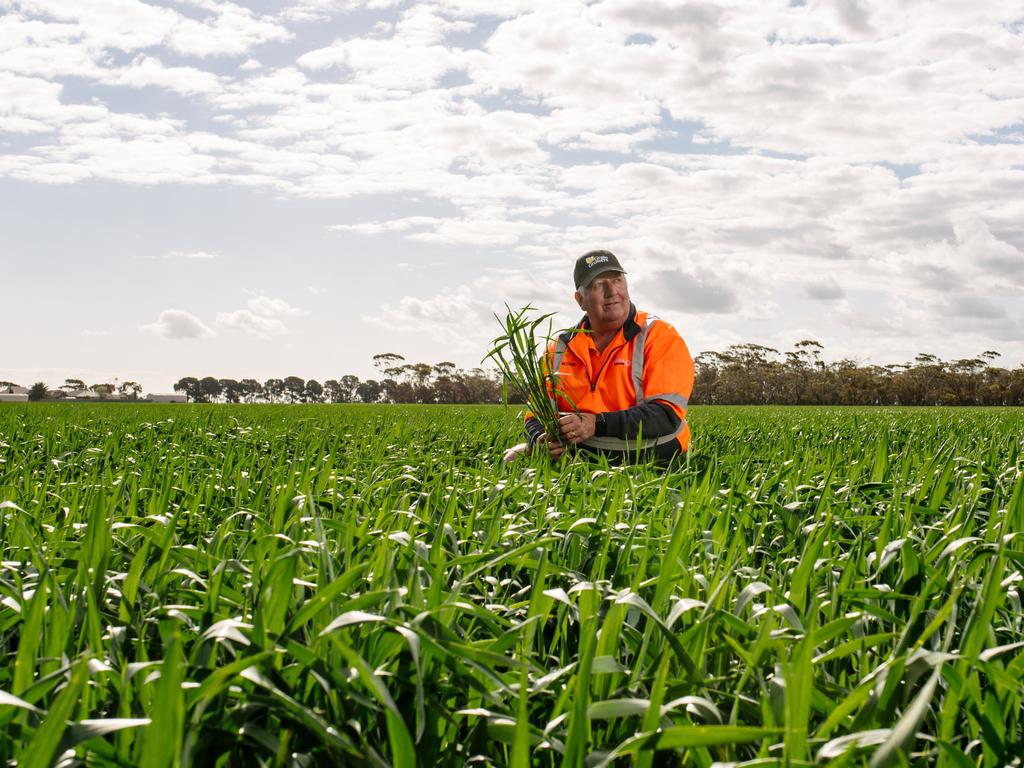
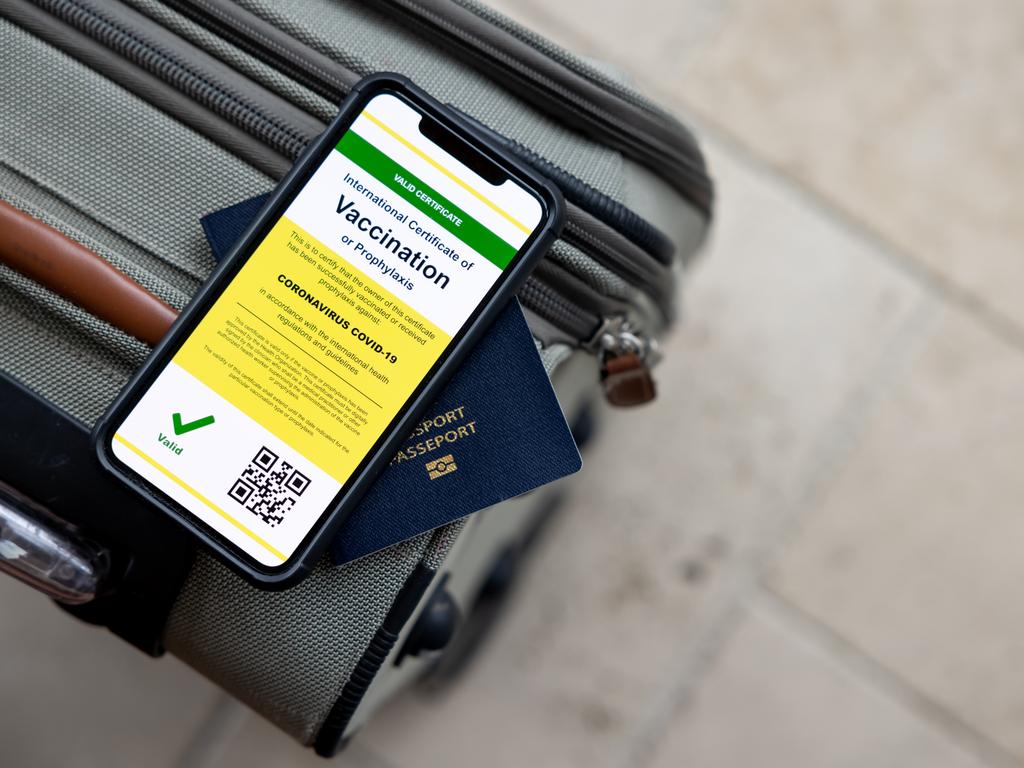
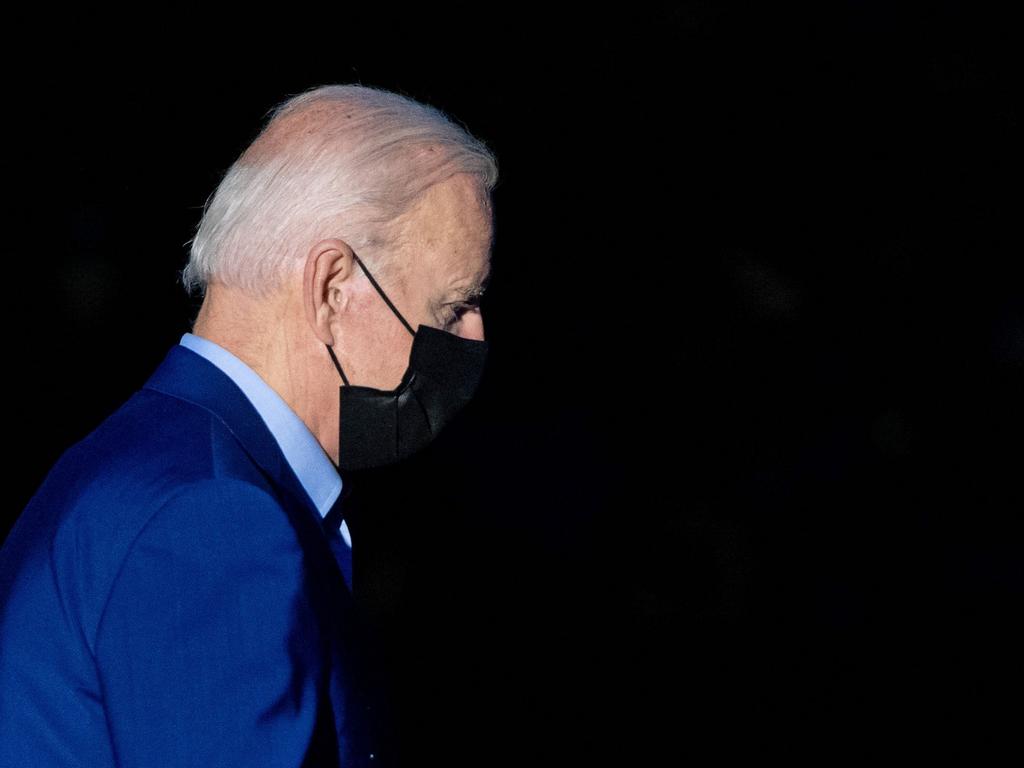
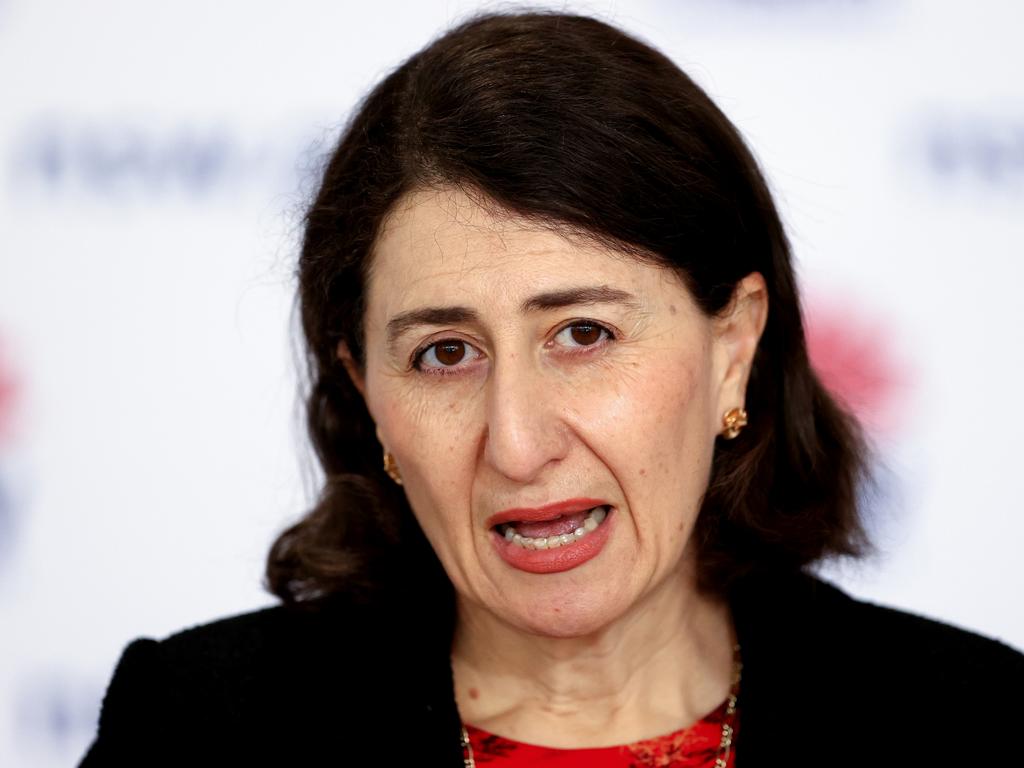


To join the conversation, please log in. Don't have an account? Register
Join the conversation, you are commenting as Logout